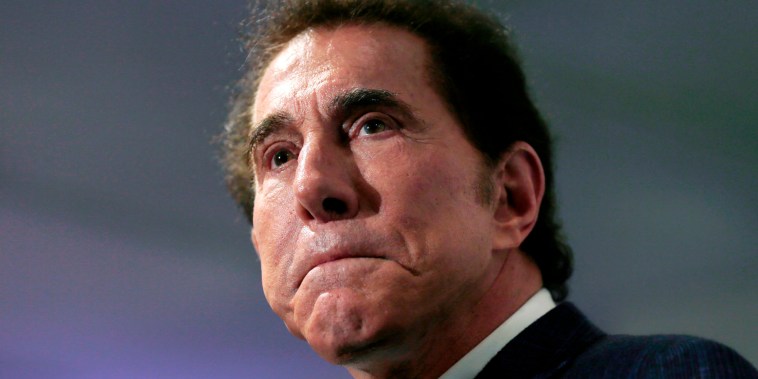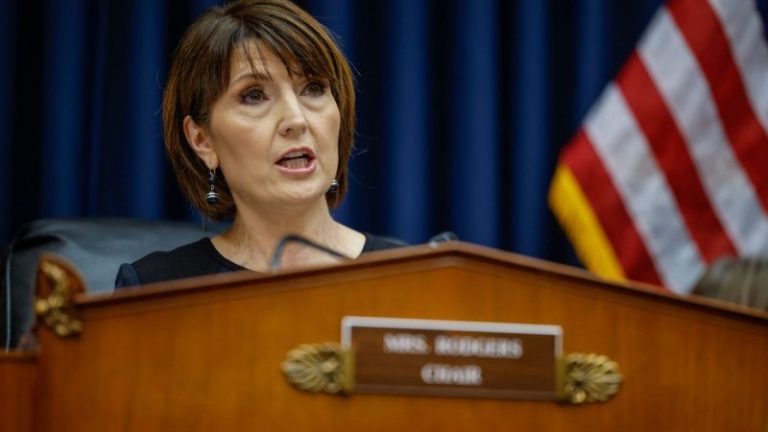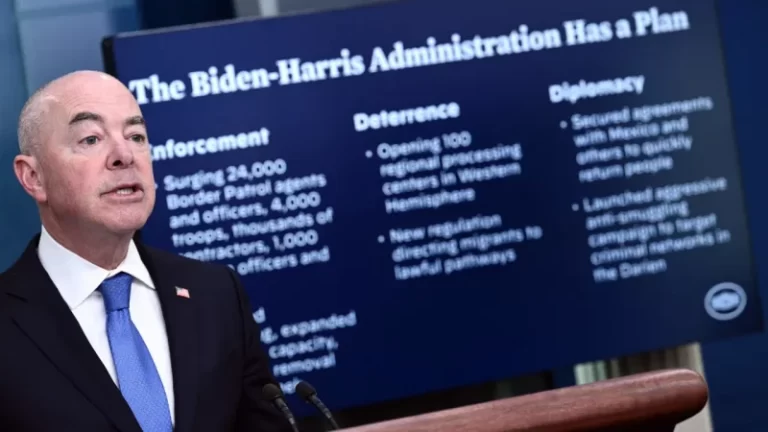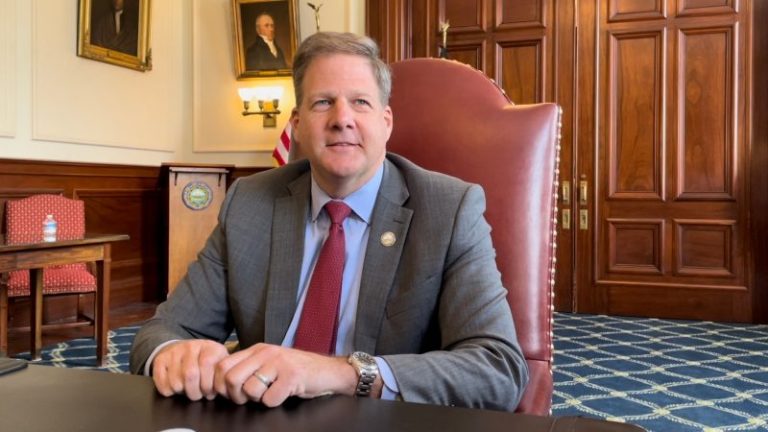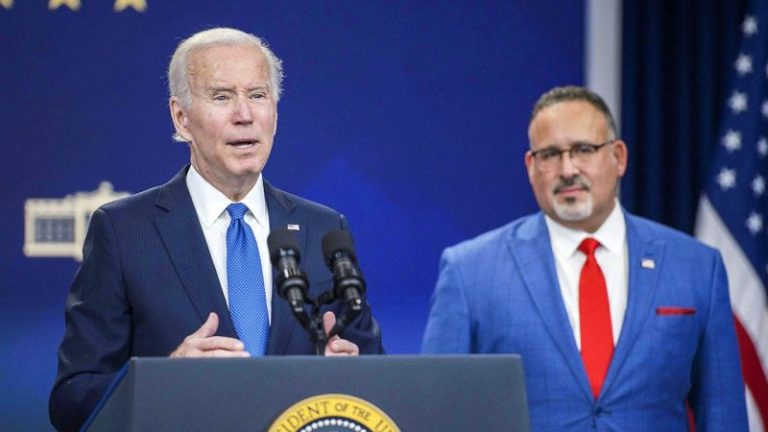LAS VEGAS — Casino mogul Steve Wynn has ended a yearslong legal fight with Nevada gambling regulators that started with claims of workplace sexual misconduct, agreeing to pay a $10 million fine and cut ties to the industry he helped shape in Las Vegas.
The Nevada Gaming Commission accepted a settlement Thursday to end the state’s look at allegations that led to Wynn’s resignation from his corporate empire in February 2018. Wynn admitted no wrongdoing. The decision was 4-0. Commission Chairwoman Jennifer Togliatti abstained from voting, citing a conflict arising from her previous work as a state court mediator.
Wynn is now 81 and lives in Florida. He did not attend the hearing held in Carson City and livestreamed on the internet. His attorney, Colby Williams, called the case the final regulatory matter that Wynn faced stemming from the allegations five years ago.
Wynn “looks forward to moving on to other phases of his life,” Williams told The Associated Press.
The fine is the largest ever imposed by the commission, second only to $20 million paid in February 2019 by Wynn’s former company, Wynn Resorts Ltd., for failing to investigate the sexual misconduct claims made against Wynn.
Craig Newby, first assistant Nevada attorney general, reminded the commission that a seven-month investigation by the Nevada Gaming Control Board “found evidence of sexual conduct by Mr. Wynn involving some subordinate female employees.”
“This stipulation,” Newby said, ”would bring this sordid affair to conclusion.”
“It’s a huge blemish on the (casino) industry,” Commissioner Rosa Solis-Rainey said. “While Mr. Wynn made some incredible contributions, the nature of the allegations that were made and the history behind that … warrant at least the amount of fine that was negotiated.”
“I think it’s in everybody’s best interest to move forward,” she said.
Forbes puts Wynn’s net worth at $3.2 billion, among the top 400 of its ranking of richest Americans.
Wynn signed a seven-page document on July 17 acknowledging he had been accused of “failure to exercise discretion and sound judgment” to prevent actions that “reflected negatively on the reputation” of Nevada and its gambling industry.
Violating the agreement could lead to a finding of “unsuitability” for association with Nevada casinos and an additional fine.
“Unsuitability” would be extraordinary for a man widely credited with starting a boom that grew Las Vegas Strip properties from gambling halls with all-you-can-eat buffets and showrooms into huge destination resorts featuring celebrity-chef restaurants, massive gambling floors, nightclubs and huge stage productions.
Wynn developed luxury properties including the Golden Nugget, Mirage, Treasure Island, Bellagio, Wynn and Encore in Las Vegas; Golden Nugget in Atlantic City, New Jersey; Beau Rivage in Biloxi, Mississippi; Wynn Macau in the Chinese gambling enclave; and Encore Boston Harbor in Massachusetts.
He resigned after the Wall Street Journal published allegations by several women that he sexually harassed or assaulted them at his hotels. He divested company shares, quit the corporate board and resigned as finance chairman of the Republican National Committee.
Wynn has consistently denied sexual misconduct allegations in multiple courts.
In the Gaming Commission case, the Nevada Supreme Court ruled against him in March 2022, finding that a state judge in Las Vegas acted prematurely in late 2020 when she sided with Wynn’s lawyers and decided the state lacked authority to punish him.
Wynn’s attorneys, also including Donald Campbell, argued that the Gaming Control Board and Gaming Commission no longer had legal jurisdiction over Wynn.
State regulators launched their investigation after the allegations against Wynn emerged. The board said Wynn’s license had been placed on administrative hold and the commission moved in October 2019 to discipline or fine Wynn.
At a December 2019 hearing, which Wynn did not attend, commissioners began considering a fine of up to $500,000 and a declaration that Wynn was unsuitable to renew ties to gambling in Nevada.
Months earlier, the commission fined his former company the record $20 million.
Massachusetts gambling regulators fined Wynn Resorts Ltd. another $35 million and new company chief executive Matthew Maddox $500,000 for failing to disclose while applying for a license for the Boston-area resort that there had been sexual misconduct allegations against Wynn.
Wynn Resorts agreed in November 2019 to accept $20 million in damages from Wynn and $21 million more from insurance carriers on behalf of current and former employees of Wynn Resorts to settle shareholder lawsuits accusing company directors of failing to disclose misconduct allegations.
The agreements included no admission of wrongdoing.

